This article was co-authored by Dale Prokupek, MD and by wikiHow staff writer, Jessica Gibson. Dale Prokupek, MD is a board-certified Internist and Gastroenterologist who runs a private practice based in Los Angeles, California. Dr. Prokupek is also a staff physician at Cedars-Sinai Medical Center and an associate clinical professor of medicine at the Geffen School of Medicine at the University of California, Los Angeles (UCLA). Dr. Prokupek has over 30 years of medical experience and specializes in the diagnosis and treatment of diseases of the liver, stomach, and colon, including chronic hepatitis C, colon cancer, hemorrhoids, anal condyloma, and digestive diseases related to chronic immune deficiency. He holds a BS in Zoology from the University of Wisconsin – Madison and an MD from the Medical College of Wisconsin. He completed an internal medicine residency at Cedars-Sinai Medical Center and a gastroenterology fellowship at the UCLA Geffen School of Medicine.
There are 15 references cited in this article, which can be found at the bottom of the page.
This article has been viewed 26,641 times.
If you're suffering from a bowel obstruction, which is a blockage of your small or large intestine, it's important to get emergency medical attention. Bowel obstruction symptoms, which include nausea, vomiting, abdominal distension, severe abdominal pain, and inability to pass gas or a bowel movement, usually come on fast and require immediate treatment. Visit your doctor, an urgent care center, or an emergency room for proper diagnosis and treatment. With medical care, rest, and a low-fiber diet, you'll begin to feel better within a few weeks.[1]
Steps
Diagnosing Your Acute Bowel Obstruction
-
1See a doctor immediately. If your abdomen swells and you have gas or cramping, you may have a bowel obstruction. You should seek emergency care if you can't pass gas or have loss of appetite, abdominal pain, constipation, and vomiting. Left untreated, a bowel obstruction can be life-threatening.[2]
- Call your doctor to see if you can get in right away. If you can't get a same-day appointment, visit an urgent care center or emergency room.
-
2Do a physical examination which might include a colonoscopy. Once you've told the doctor your symptoms, you should have a physical examination that includes feeling and listening to your abdomen. The doctor will examine inside your rectum if they think you have large-intestine blockage. Then they'll do a colonoscopy to see the obstruction.[3]
- A colonoscopy will reveal if there's a blockage or if the intestine is twisted.
Advertisement -
3Get a CT-scan, X-rays, and blood tests, if necessary. If your doctor suspects that you have a blockage in your bowels, they'll order a CT-scan and/or an X-ray, as well as blood tests. The CT-scan and X-ray will show any blockages that are trapping gas and liquids in your intestines. If you've also been vomiting, the doctor will do blood tests to determine if you're dehydrated.[4]
- Your doctor may give you a barium enema before doing an X-ray, as this enema has a special substance in it that will help the obstruction show up on the X-ray.
- Blood work will provide additional information, including if you have any infections and how well your organs are working.[5]
-
4Talk with the doctor about the cause of your obstruction. A partial or complete blockage of the intestines could be caused by a mechanical issue, which means something, such as a tumor, scar tissue, or twisting intestine, is blocking the bowels. Other medical conditions such as cancer, hernias, or Crohn's disease can also cause bowel obstructions.[6]
- Sometimes, the doctor won't be able to determine the cause of the blockage unless they do surgery.
Getting Medical Treatment for Bowel Obstructions
-
1Balance your fluids and electrolytes. Since fluids are being trapped in your intestines and you may also be vomiting, you'll need intravenous fluids (IV) to stay hydrated. The treatment will also ensure that your sodium, potassium, chloride, and electrolyte levels are balanced.[7]
-
2Take medications. If you have a partial bowel obstruction, the doctor may try to fix it with medication before considering surgery. Your doctor may prescribe medications, such as antibiotics for infection or laxatives to help the intestines pass the obstruction. Your doctor can also prescribe:[8]
- Pain medication
- Medications to make the intestines contract
- Anti-nausea medications
- Anti-diarrhea medications
-
3Get a tube inserted into your stomach or colon. If you suddenly developed the bowel obstruction and have pressure building up, a doctor may insert a tube into your nose that goes through the esophagus and into your stomach. The doctor might reduce pressure by inserting a tube through your rectum into your colon.[9]
- Your medical team may use the tube to remove fluids from your stomach or colon.
-
4Get surgery for an acute or chronic bowel obstruction. If you have a bowel obstruction that developed quickly or you have an obstruction that's been feeling worse as time goes on, your doctor will recommend surgically fixing the obstruction. You'll be put under general anesthesia while the surgeon removes the blockage and repairs your intestines.[10] [11]
- Sometimes surgery may not be possible. Talk with your medical support team about further treatments.[12]
-
5Get a stent inserted. A stent can help open up the blocked area of your bowels. Additionally, your surgeon might want to insert a small, flexible stent into the intestine before surgery to reduce the pressure in your bowels. The stent can make the surgery safer and improve your healing. If you can't have bowel surgery, the surgeon will just insert the stent to relieve pressure, which can improve symptoms.[13]
- You'll probably need to stay in the hospital for 1 to 2 days following the procedure to ensure that the stent is in place and your bowels are working properly.
Recovering from a Bowel Obstruction
-
1Rest and take pain medication. Depending on how your bowel obstruction was treated, you may feel minor pain for a few weeks. Take the pain relief medications that your doctor prescribed or recommended. If the pain doesn't get better or feels worse, contact your doctor.[14]
- It might be a few months before you feel your energy levels return to normal.
-
2Eat a low-fiber diet that's gentle on the bowels. Talk with your doctor about specific dietary changes you'll need to make in the days after your obstruction is fixed. Choose soft foods that are easy to digest and limit the amount of fiber you eat. Avoid drinks that are fizzy, which could cause gas or bloating.[15]
- For example, limit or avoid beer and carbonated sodas. Instead, stay hydrated by drinking water, juice, and tea.
-
3Start light exercises when your doctor approves activity. You should be able to do light exercises 6 weeks after surgery to fix an obstruction, but talk to your doctor first. Avoid heavy lifting or putting pressure on your abdomen for 6 weeks after treatment for an obstruction. Instead, go for short walks around your house or neighborhood and take frequent rest breaks.[16]
- Most people return to their normal exercise levels 3 months after the obstruction is fixed.
Expert Q&A
-
QuestionHow can I prevent a bowl obstruction with lifestyle changes?
 Dale Prokupek, MDDale Prokupek, MD is a board-certified Internist and Gastroenterologist who runs a private practice based in Los Angeles, California. Dr. Prokupek is also a staff physician at Cedars-Sinai Medical Center and an associate clinical professor of medicine at the Geffen School of Medicine at the University of California, Los Angeles (UCLA). Dr. Prokupek has over 30 years of medical experience and specializes in the diagnosis and treatment of diseases of the liver, stomach, and colon, including chronic hepatitis C, colon cancer, hemorrhoids, anal condyloma, and digestive diseases related to chronic immune deficiency. He holds a BS in Zoology from the University of Wisconsin – Madison and an MD from the Medical College of Wisconsin. He completed an internal medicine residency at Cedars-Sinai Medical Center and a gastroenterology fellowship at the UCLA Geffen School of Medicine.
Dale Prokupek, MDDale Prokupek, MD is a board-certified Internist and Gastroenterologist who runs a private practice based in Los Angeles, California. Dr. Prokupek is also a staff physician at Cedars-Sinai Medical Center and an associate clinical professor of medicine at the Geffen School of Medicine at the University of California, Los Angeles (UCLA). Dr. Prokupek has over 30 years of medical experience and specializes in the diagnosis and treatment of diseases of the liver, stomach, and colon, including chronic hepatitis C, colon cancer, hemorrhoids, anal condyloma, and digestive diseases related to chronic immune deficiency. He holds a BS in Zoology from the University of Wisconsin – Madison and an MD from the Medical College of Wisconsin. He completed an internal medicine residency at Cedars-Sinai Medical Center and a gastroenterology fellowship at the UCLA Geffen School of Medicine.
Board Certified Internist & Gastroenterologist The only thing you can do is avoid having surgery. That's really all you can do. Eating a healthy diet or running is not going to prevent a small bowel obstruction.
The only thing you can do is avoid having surgery. That's really all you can do. Eating a healthy diet or running is not going to prevent a small bowel obstruction.
References
- ↑ https://medicine.umich.edu/sites/default/files/content/downloads/LowFiberLowResidueDiet.pdf
- ↑ https://my.clevelandclinic.org/health/diseases/15287-large-bowel-intestinal-obstruction
- ↑ https://my.clevelandclinic.org/health/diagnostics/4949-colonoscopy
- ↑ https://medlineplus.gov/ency/article/000260.htm
- ↑ https://my.clevelandclinic.org/health/diseases/15287-large-bowel-intestinal-obstruction
- ↑ https://www.uofmhealth.org/health-library/uf4382
- ↑ https://jamanetwork.com/journals/jama/fullarticle/2681748
- ↑ https://my.clevelandclinic.org/health/diseases/15850-small-bowel-obstruction#management-and-treatment
- ↑ https://surgery.ucsf.edu/conditions--procedures/bowel-obstruction.aspx
- ↑ https://www.niddk.nih.gov/health-information/digestive-diseases/ostomy-surgery-bowel
- ↑ https://medlineplus.gov/ency/article/002927.htm
- ↑ https://www.uofmhealth.org/health-library/hw252327
- ↑ https://emedicine.medscape.com/article/774045-treatment#showall
- ↑ https://my.clevelandclinic.org/health/diseases/15850-small-bowel-obstruction
- ↑ https://www.uhn.ca/PatientsFamilies/Health_Information/Health_Topics/Documents/Low_Fibre_Diet_Partial_Bowel_Obstruction.pdf
- ↑ https://myhealth.alberta.ca/Health/aftercareinformation/pages/conditions.aspx?hwid=uh3175
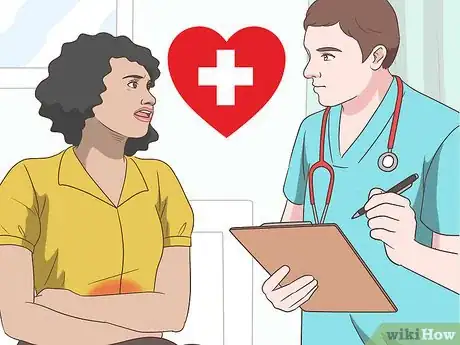
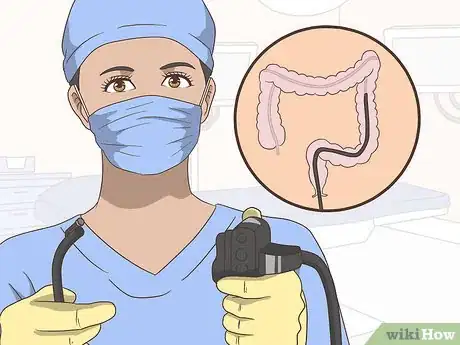
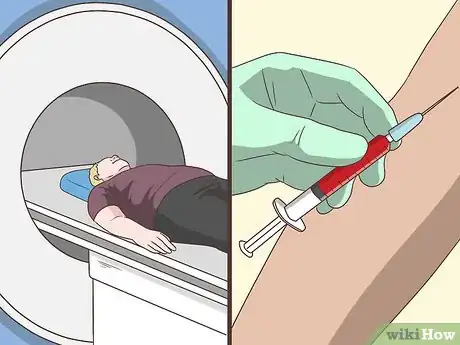
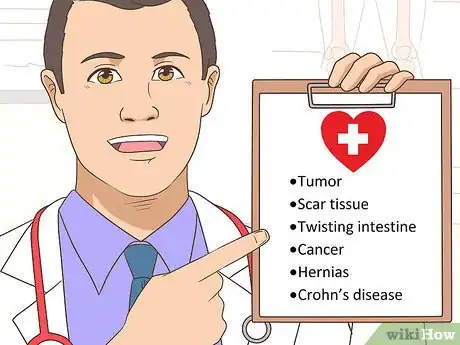
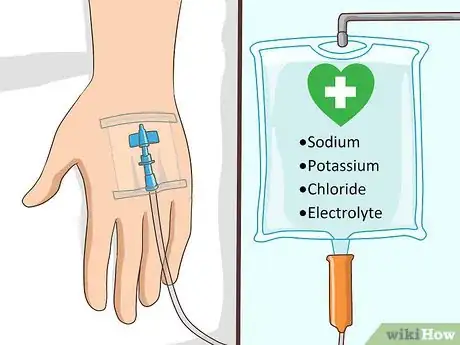
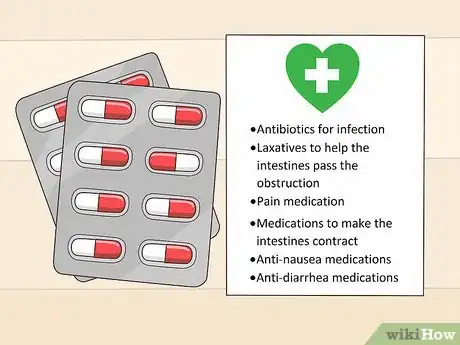
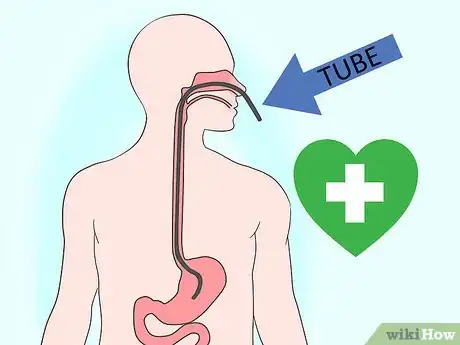
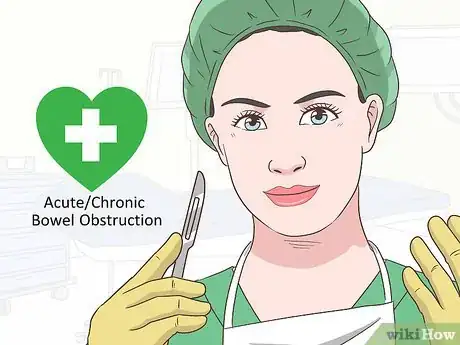
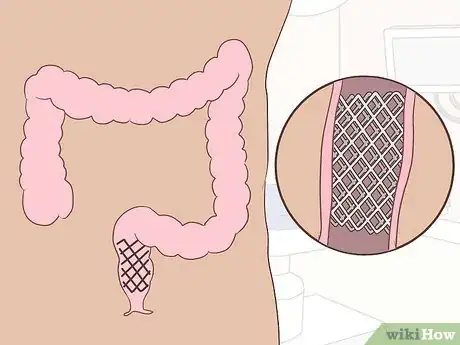
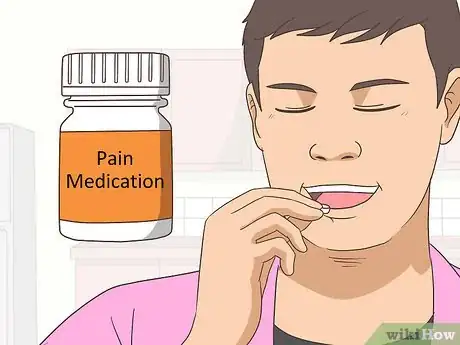
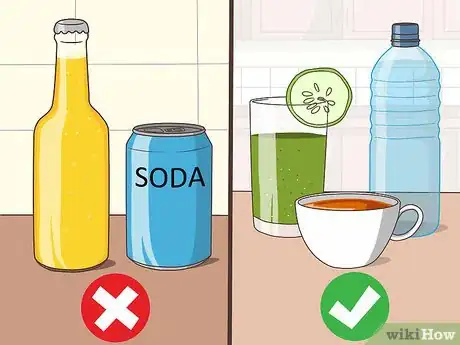
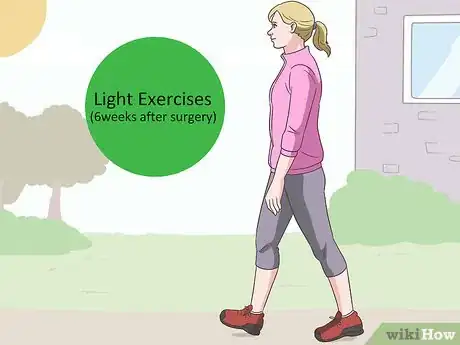
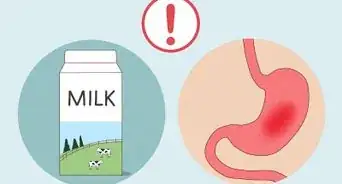
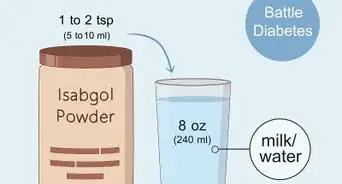
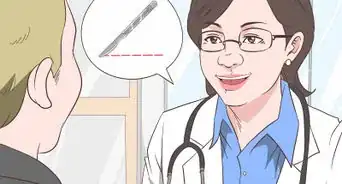
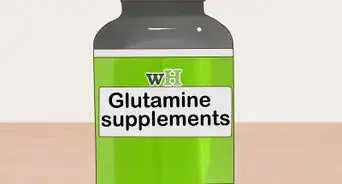
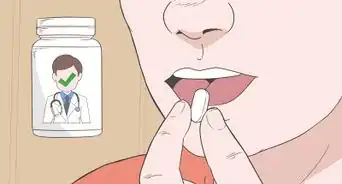

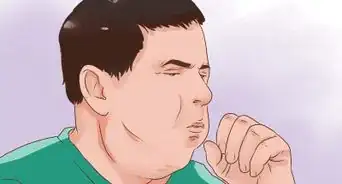
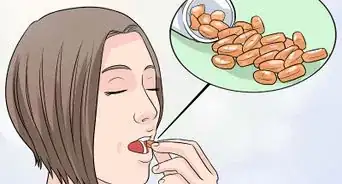
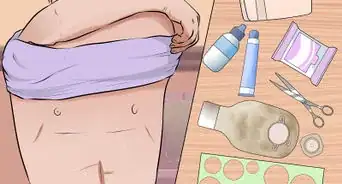
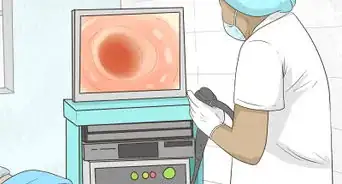
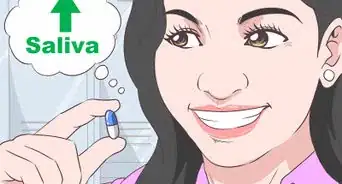
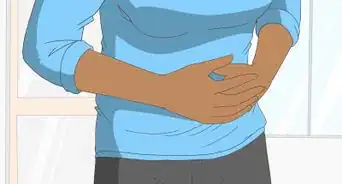
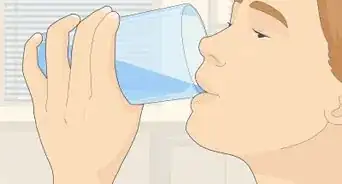
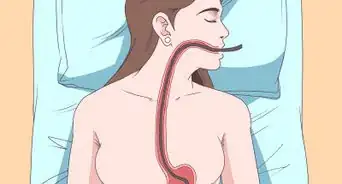







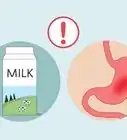
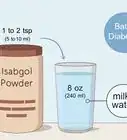
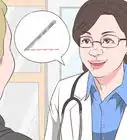




































Medical Disclaimer
The content of this article is not intended to be a substitute for professional medical advice, examination, diagnosis, or treatment. You should always contact your doctor or other qualified healthcare professional before starting, changing, or stopping any kind of health treatment.
Read More...